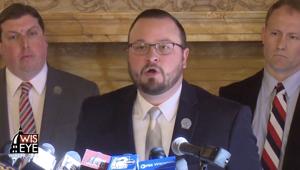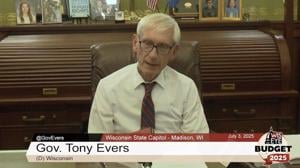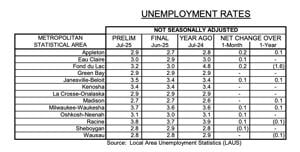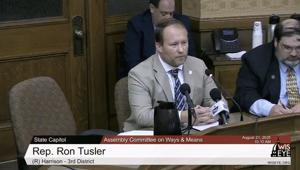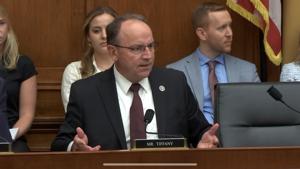(The Center Square) – The authors of a Wisconsin hospital price transparency bill are committed to passing it in Wisconsin.
A 2019 federal rule that went into effect in 2021 created a federal requirement for the prices of many hospital services to be posted but a November report from PatientRightsAdvocate.org showed that just 30% of Wisconsin hospitals are fully compliant with the requirements.
Assembly Bill 353 was introduced in June and has not yet progressed in the Wisconsin Legislature.
The goal of the bill is to require the prices of specific hospital services to be posted so patients can see those costs ahead of a procedure, creating a more competitive environment where costs go down.
That could lead to a projected 27% drop in costs for some procedures, due to price transparency.
The bill co-authors are Sen. Julian Bradley, R-New Berlin, Sen. Mary Felzkowski, R-Tomahawk and Rep. Robert Wittke, R-Caledonia.
“This will empower patients, lower costs, make sure no one delays care out of fear of a surprise bill,” Bradley said in a video promoting the bill. “Because sometimes, saving money can also mean saving lives.”
The Wisconsin bill would add enforcement of the requirements, which include a full list of standard procedures and process.
If a hospital isn’t in compliance, the first action is a written notice requiring corrective action and then a penalty will be enforced.
A publicly available list of the hospitals that are not in compliance would then be created with the dates the hospital did not fulfill the bill’s requirements.





